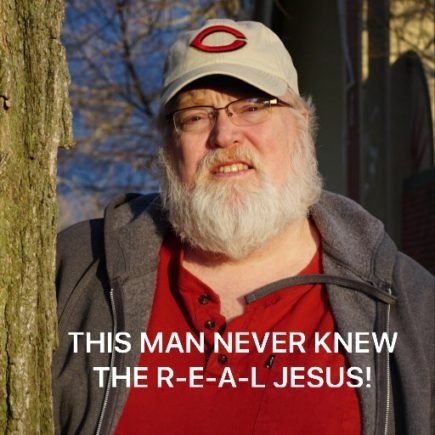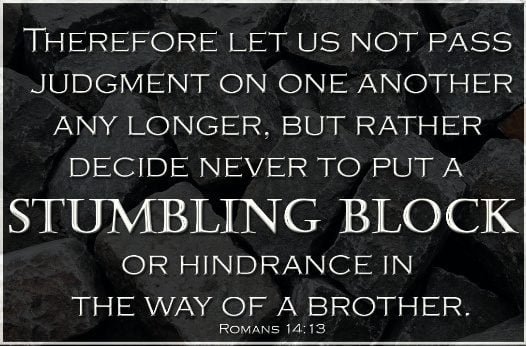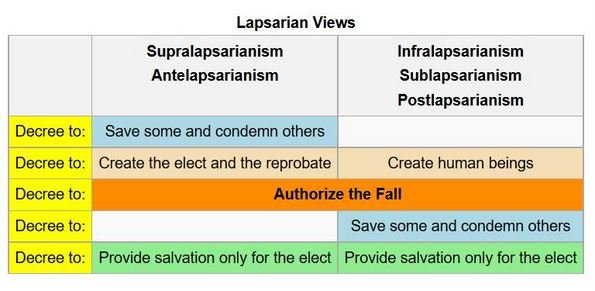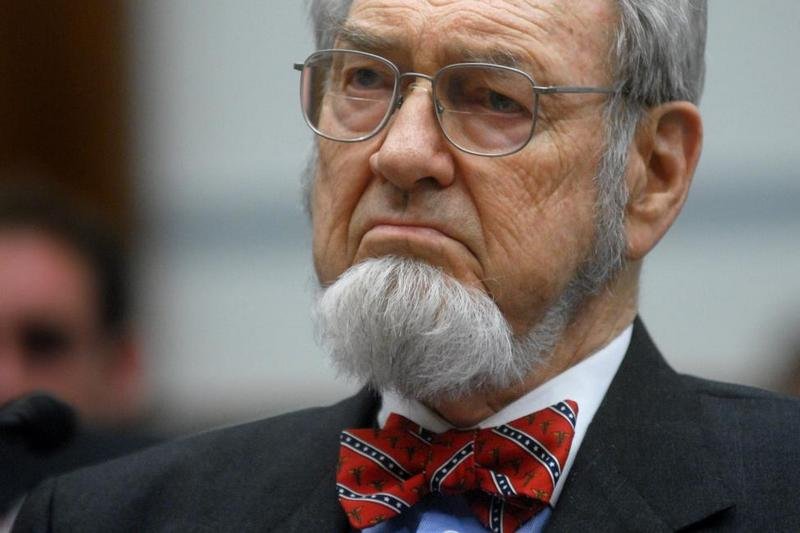
Guest post by MJ Lisbeth
Yesterday morning, Brian Lehrer did a segment on how people are celebrating their holy days during the COVID-19 epidemic. One of his guests was Jacqueline Lewis, the pastor of a “social justice” church in New York City. Lehrer asked her how she squares her faith with the terrible inequalities and injustices the pandemic has exposed. She said, in essence, that “God has a plan” and that “while we may not understand it, we have to trust it” because he is a “God of love.”
She is far from the only clergy member, or believer, to express such sentiments. I don’t doubt the pastor’s commitment to serve the underserved or question the sincerity of her belief that her faith is central to her work. However, she did not — could not? — explain how a “God of love” allows people of color, immigrants and the poor to be over-represented among the victims and casualties of the coronavirus.
Because we’ve all heard variations of what she said, I wasn’t disappointed. I was, however, angry. Later, I realized why: in her own way, she wasn’t so different from pastors like Rick Wiles or the fundamentalists of other religions who warn us that the epidemic is “God’s punishment” for whatever you care to name. While she doesn’t preach hate, she says that God’s “justice” can, in times like these, burden those least able to bear it. Rev. Wiles wouldn’t disagree. Nor would Pat Roberts, who said the devastating earthquake in Haiti was payback for their “pact with the devil” that allowed them to defeat their French colonizers two centuries earlier. (That “pact,” he said, is the reason why the island’s people have endured so much misfortune.) Nor, for that matter, would other preachers who claimed that any number of natural disasters were “divine retribution” for “sins” (like legalizing same-sex marriage) committed by people thousands of miles away.
In other words, they are all saying that God unleashes his wrath and sometimes innocent people are collateral damage. The only difference between Lewis and the others is that she says that we can’t understand, but we should trust, God’s will, while Robertson, Wiles and the others are basically telling us that God is like the parent who punishes his kids because he had a bad day at work and that we should just get used to it.
Oh, and they tell us that we should continue to pray to God. Maybe, just maybe, he will listen to our pleas for mercy and justice.
Or will he?
God is deaf nowadays and will not hear us
And for our guilt he grinds good men to dust.
It’s easy to imagine those lines coming from someone questioning his or her faith in the face of the current pandemic. Or the Holocaust. Or World War I. Or almost any other tragedy you care to name. As a matter of fact, they are part of a response to another collective trauma that bears at least a few parallels to our situation: the Black Death of Medieval Europe.
Those lines come from Piers Plowman, an epic poem that is an allegory of the narrator’s quest for a “true” Christian life in a world of medieval Catholicism. It is commonly attributed to William Langland, about whom little is known besides the fact that he witnessed the Black Death during his youth. Although the poem seems to be intended as a tale of the triumph of Christian virtue and charity, it often lapses — intentionally or not — into social satire. (Perhaps, not surprisingly, it also contains the first known literary reference to the Robin Hood tales.) Langland, or whoever wrote Piers, undoubtedly saw how some within the Church used the Black Death to exploit fears and prejudices about Jews, gypsies and “others.”
Those hatreds are not new. Nor, apparently, is the notion that God is an abusive parent who will tear the house apart and his innocent children might get hit with the flying objects — and that we simply have to understand that it’s “his way” and live with it. In Langland’s time, there wasn’t anyplace else to go if you left the church — that is, if you lived to tell about it. Likewise, they internalized the blame and shame and believed that their parents — and God — knew what was best for them.
Today we don’t have to accept the guilt of someone else being punished for sins or mere misdeeds we may or may not realize we’ve committed. In short, we don’t have to lie to ourselves about love or justice or mercy —whether God’s or a parent’s. And we don’t have to believe they’re listening when they’re not. All we can do is to listen to those who are crying and do what we can to ease their pain, and ours.
(By the way, here is the original of the Piers Plowman verse:
For God is deaf nowadays and deigneth not us to hear
That girls (children) for their guilts (sins) he forgrint (destroys) them all.)













